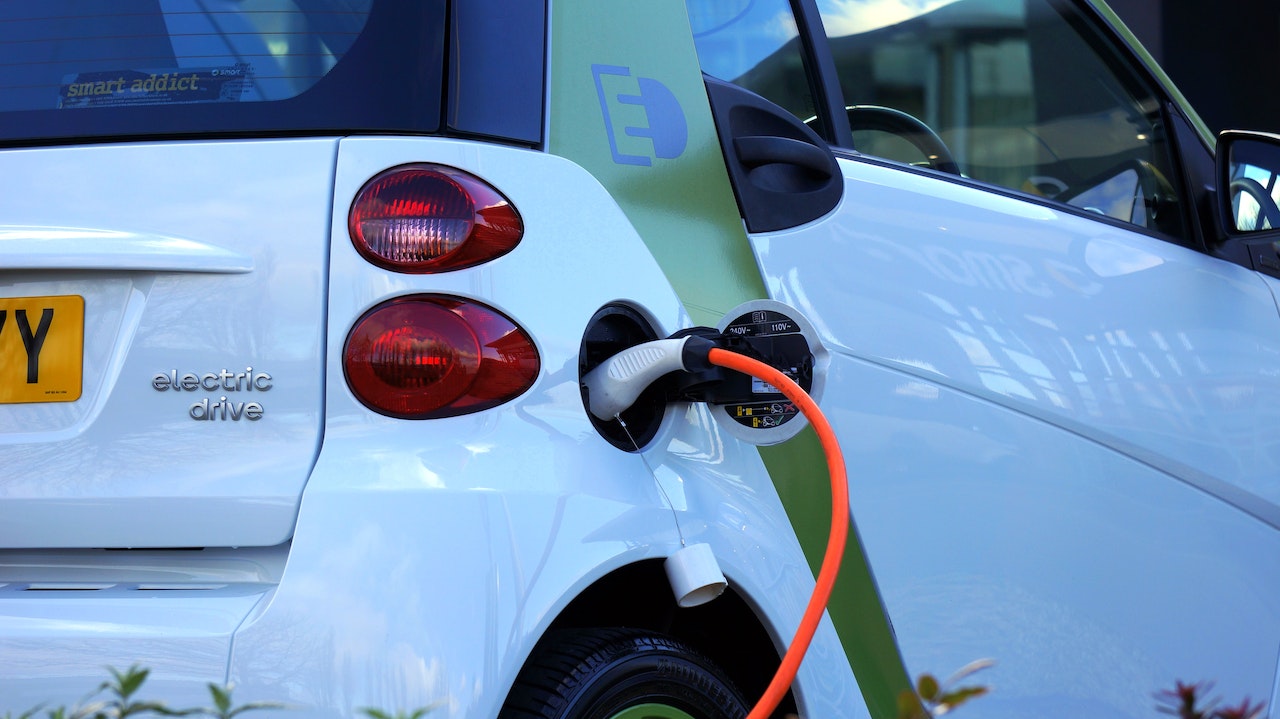The dream of transforming traditional fossil fuel-based transportation into greener, electric alternatives is being threatened by a potential weakness in the supply chain – the lack of electric car charging stations in rural Lancashire, particularly in the Ribble Valley, as reported by the BBC.
One of the major roadblocks to the installation of electric vehicle (EV) charging points in this remote region is the cost involved in laying the power supply infrastructure. In some instances, this could reportedly amount to as high as £100,000. The issue isn’t just limited to Lancashire, it’s a nationwide concern and Ribble Valley is a microcosmic example.
Residents worry that challenges such as these could discourage the use of electric cars. One of the fears is that, in a worst-case scenario, electric cars might be abandoned in local beauty spots like the Forest of Bowland, due to a lack of charging facilities.
Commenting on the predicament, Marshal Scott, the council’s chief executive said, “There could be a future situation where people with electric cars cannot charge them. It’s worth having talks with MPs about this.” The situation calls for support from national and local government agencies as well as private sector players to circumvent this potential obstacle to the broader adoption of electric vehicles.
Adding another layer of complexity, council officer Mark Beveridge has emphasized the issue of poor mobile connectivity in these remote areas, which impedes the ability to integrate charging points with pay-and-display systems via mobile apps. On a brighter note, mobile network companies have reportedly indicated their intention to enhance rural signals, which could aid in resolving this part of the problem.
A report is due to be presented outlining financial implications, which will hopefully provide a roadmap to tackling this multifaceted challenge. This matter reinforces the urgent need to develop more comprehensive EV infrastructures in rural areas, not just in Lancashire but across the country, to ensure a seamless transition from traditional automobiles to electric vehicles.
Ultimately, overcoming these hurdles is essential to realise the vision of a green transportation future, which is not just an environmental imperative, but also a boon for local residents seeking a more sustainable lifestyle.


